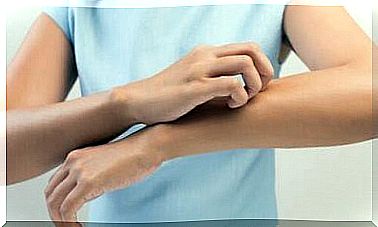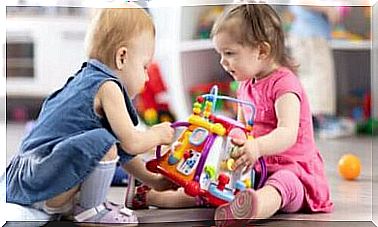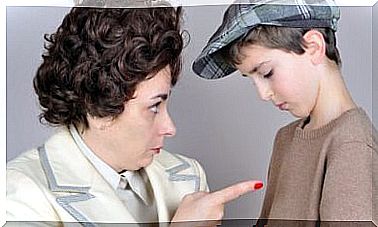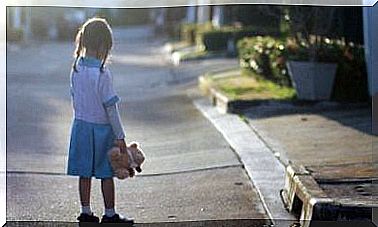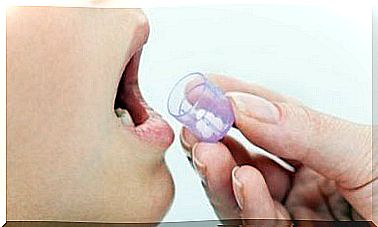Everything You Need To Take Your Baby Home From The Hospital
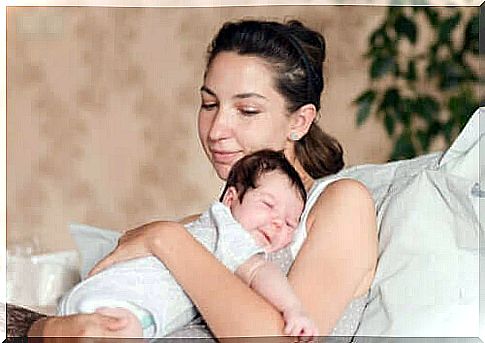
When a woman is pregnant, it is common for her and the baby to think about everything they need when they are in the hospital. In fact, most women pack for the beautiful moment several days, or even weeks, in advance. But what do you need to take your baby home from the hospital? Just as it is important to be aware of what your child will need in the hospital, you also need to know what it needs at home.
If a child is born healthy, he or she can go home with his or her parents only 24 to 48 hours after birth. Some premature babies (born in weeks 34 to 36 of pregnancy) may also be strong enough to go home after 48 hours in the hospital.
However, babies born by caesarean section (and their mothers) or babies who have health complications may need to stay in the hospital a little longer. Infants born before 34 weeks of pregnancy also need a longer hospital stay. If your baby has been born prematurely, you may feel nervous about going home, but your doctor will always give you all the information you need.
What you need to take your baby home from the hospital
Many new parents take a birth course before their first child is born. It helps prepare them for childbirth and provides information on basic care of newborns.
Although there are several different types of childbirth courses, they have almost all tips on how to feed newborns, common diseases, daily care, breastfeeding and car safety. Before your child is born, it is a good idea to check the location of your child care center so that you know where to turn for information and medical care.
Before leaving the hospital, there are a few things your child will need:
- A place to sleep. Your baby does not need his own room, but it is good to have, for example, a chest of drawers, a changing table, a cot with an approved mattress and a baby monitor.
- A pram. This should be suitable for your baby, comfortable and safe.
- Clothes in the right size for a newborn baby. You do not need lots of clothes because your baby grows quickly and changes size after just a short while.
- Diapers. Think about whether you want organic diapers, cloth diapers or regular diapers.
- Hygiene products for newborns. You need lotion and shampoo for babies, a soft brush for the hair and saline for the nose.
- A car seat that is approved for newborns. You can buy a car seat that adapts as the child grows so that it lasts longer.
- The documents and papers they give you at the hospital. In this booklet you will see your baby’s information from birth, such as weight, height and any deviations.
- Pacifiers. If you are planning to use pacifiers for your baby, it is best to have some on hand!
- Breast milk substitute and everything else for feeding. If you do not plan to breastfeed your baby, you will need items such as baby bottles (anti-colic pacifiers are preferred), as well as equipment to sterilize and clean bottles and pacifiers.
What do you need to remember to take your baby home from the hospital?
It is normal to feel nervous when you first take your child home. Therefore, try to keep this moment just for yourself and your partner so that you can adapt to all the changes. And remember the following:
- Newborns can easily get sick. Try to keep your little one away from anyone with symptoms of colds or flu, especially during the winter months.
- Wash your hands often to protect your baby. Ask others to do the same.
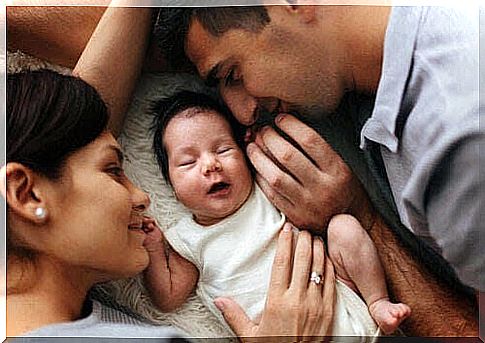
When should you take your child to their first visit to the child care center?
The first contact with the Child Welfare Center (BVC) consists of the nurse contacting you after receiving information that you have returned home from the hospital. In some cases, however, you must be the one who contacts BVC when you have returned home.
About one to two weeks after you have returned home, you usually book the first meeting with BVC. A nurse from BVC can also make a home visit.
If your child was born prematurely, plan a follow-up plan with your care team before your little one leaves BB. They also make sure that you recognize the first signs or symptoms of any problems.
At the first visit, the nurse will:
- Weigh your baby, measure the length and circumference of the head, if not done in the hospital.
- Check for signs of jaundice.
- Make sure that the feeding has started, whether you choose to breastfeed, give compensation or a combination.
- Give the child a thorough health examination.
- Ask how you all adapt to the new situation.
A doctor at the hospital where you gave birth, your midwife or a nurse can perform this examination. It can be performed at home, at BVC or at a hospital clinic.
It is important that you are ready so that you do not miss anything when you take your baby home from the hospital. This transition can be a little daunting, but it’s easier than you might think!

